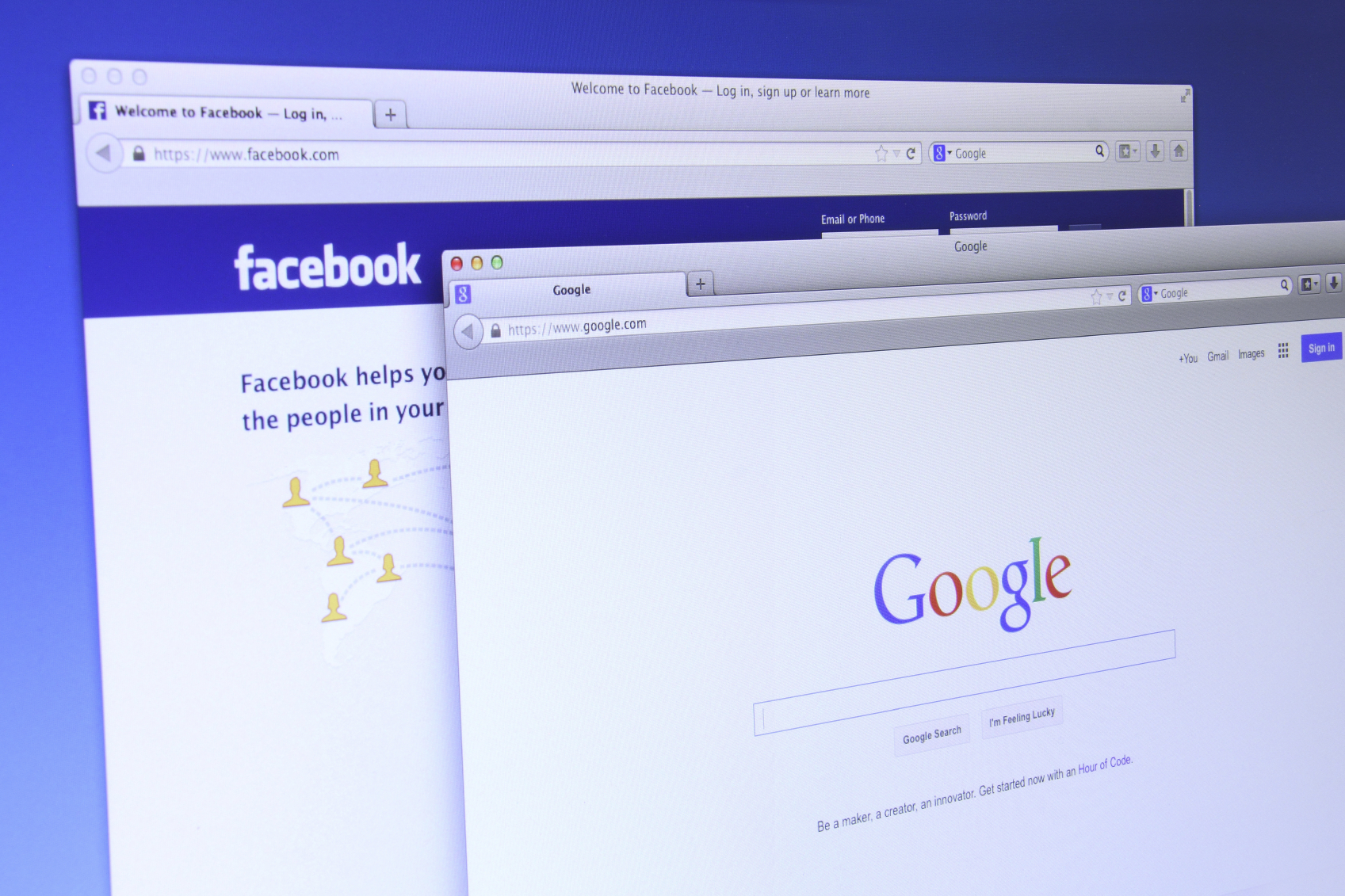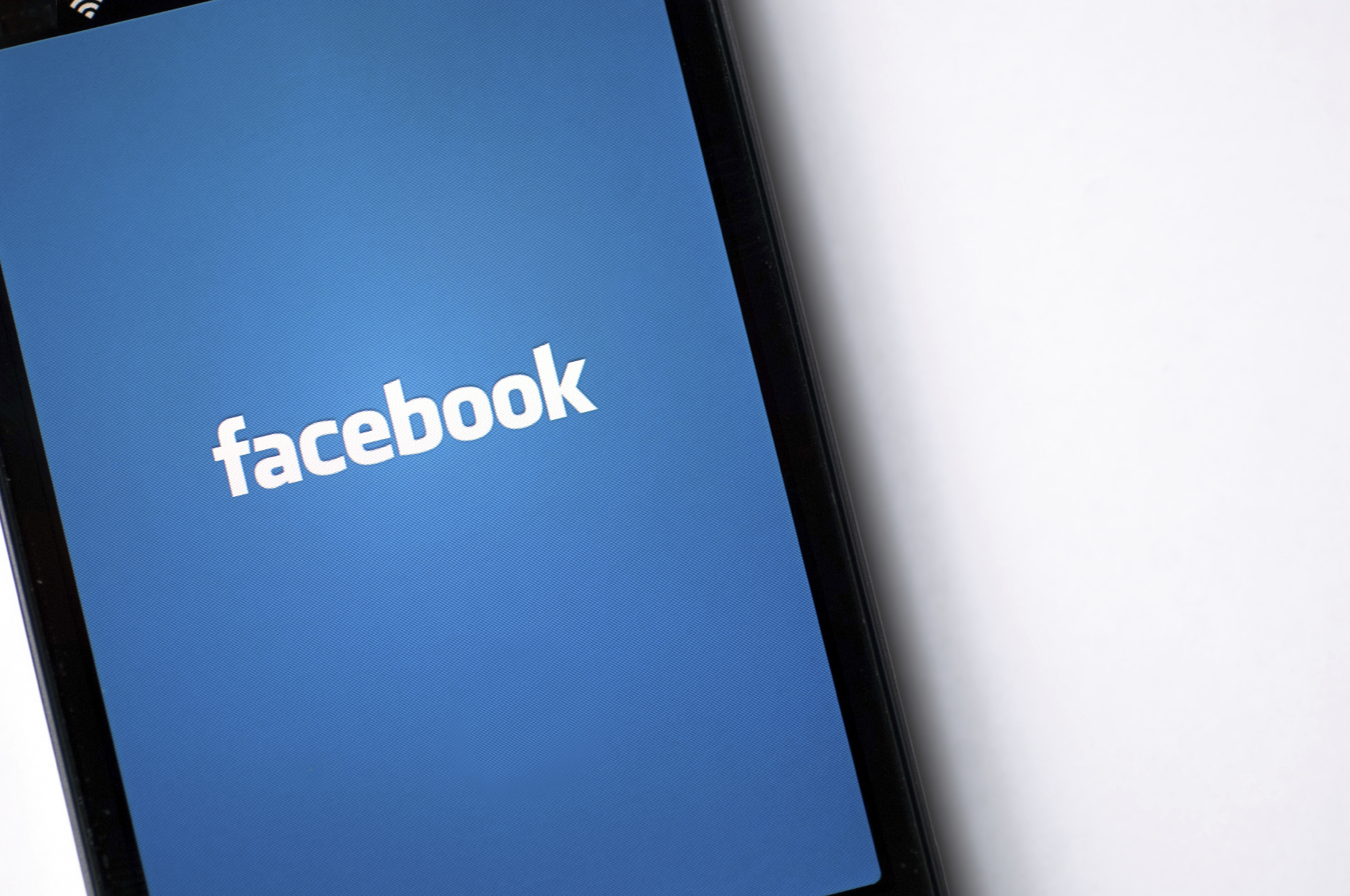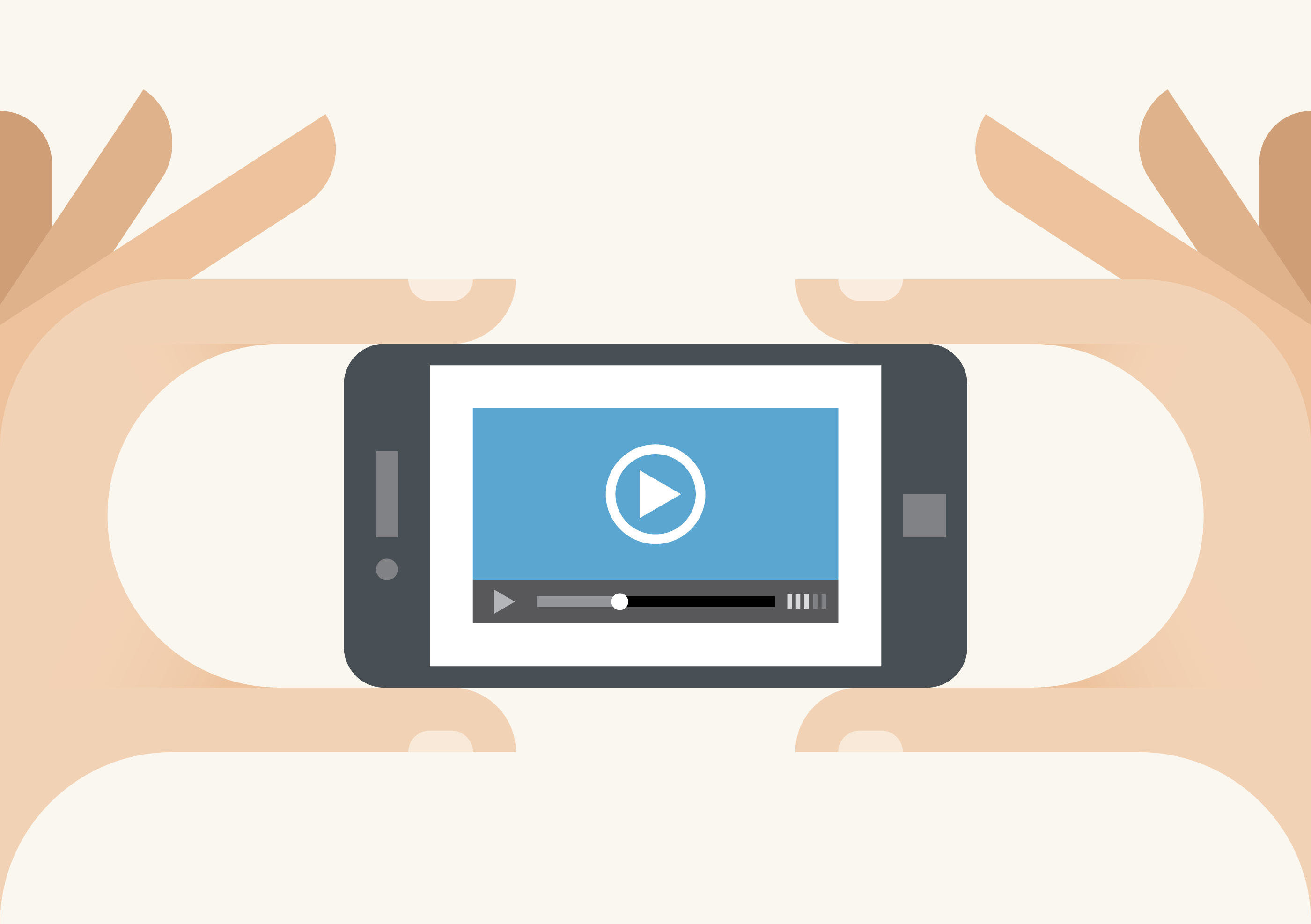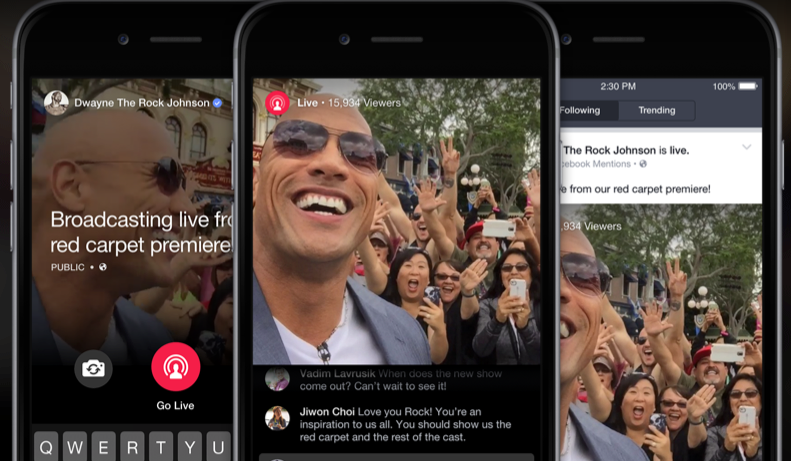What Happened
A recent report from web traffic analytics firm Parse.ly says its data shows Facebook now accounts for more of the traffic to news sites than Google. Traditionally, organic search dominated as the top traffic referrer online, but social media has been quickly catching up in recent years and has now seemingly overtaken search as the leading traffic referrer source for good. As of July 2015. social media, of which Facebook is the largest, accounted for 43% of the traffic to news sites tracked by Parse.ly, whereas Google Search only accounted for just 38%.
What Brands Can Do
As consumers increasingly switch from desktop access to mobile devices, time spent in apps is starting to eclipse time spent on the mobile web, which could explain why more people are getting their news and content from social media instead of web search. This means brands need to make a conscious effort in translating their web content onto social media platforms, if they wish to keep up with the changing user behaviors.
One bonus effect of this shift is that content that does well on social media can get exponentially more attention than something that does well in search. Studies have shown that consumers are more likely to buy a product if it is recommended by someone they know.
Source: Fortune









